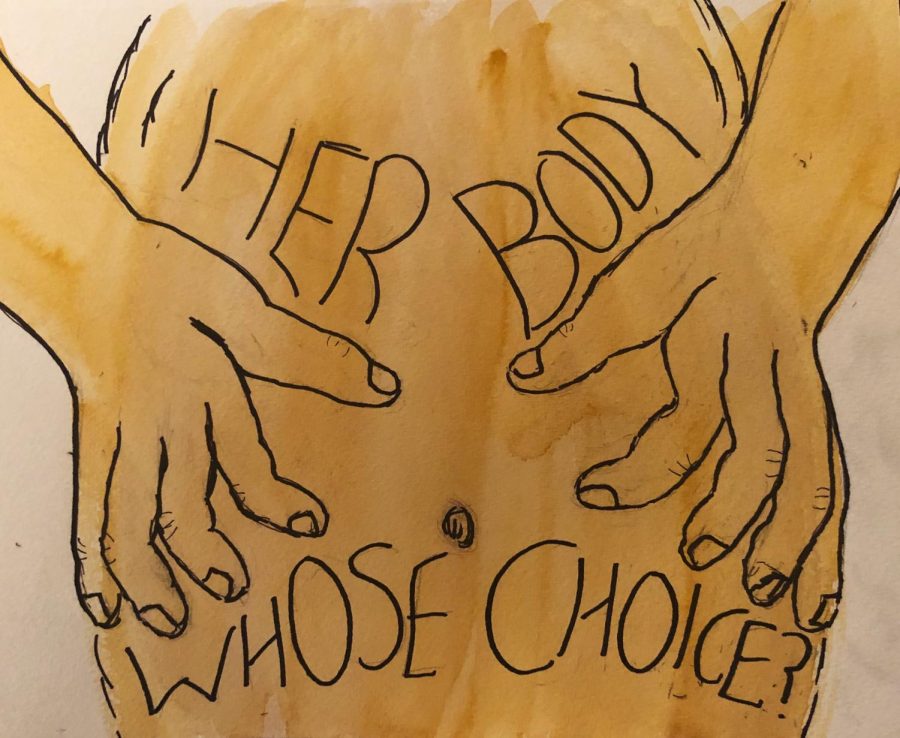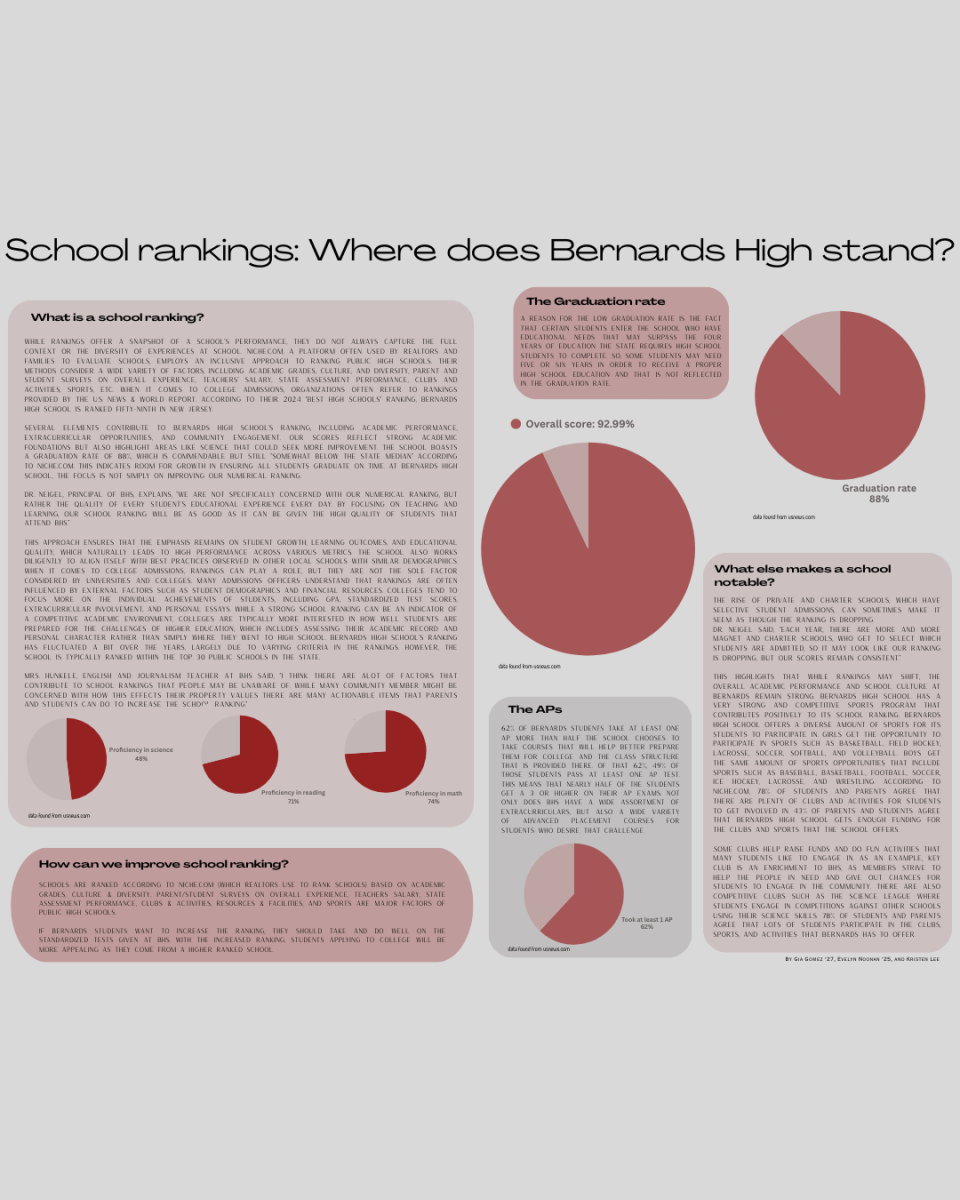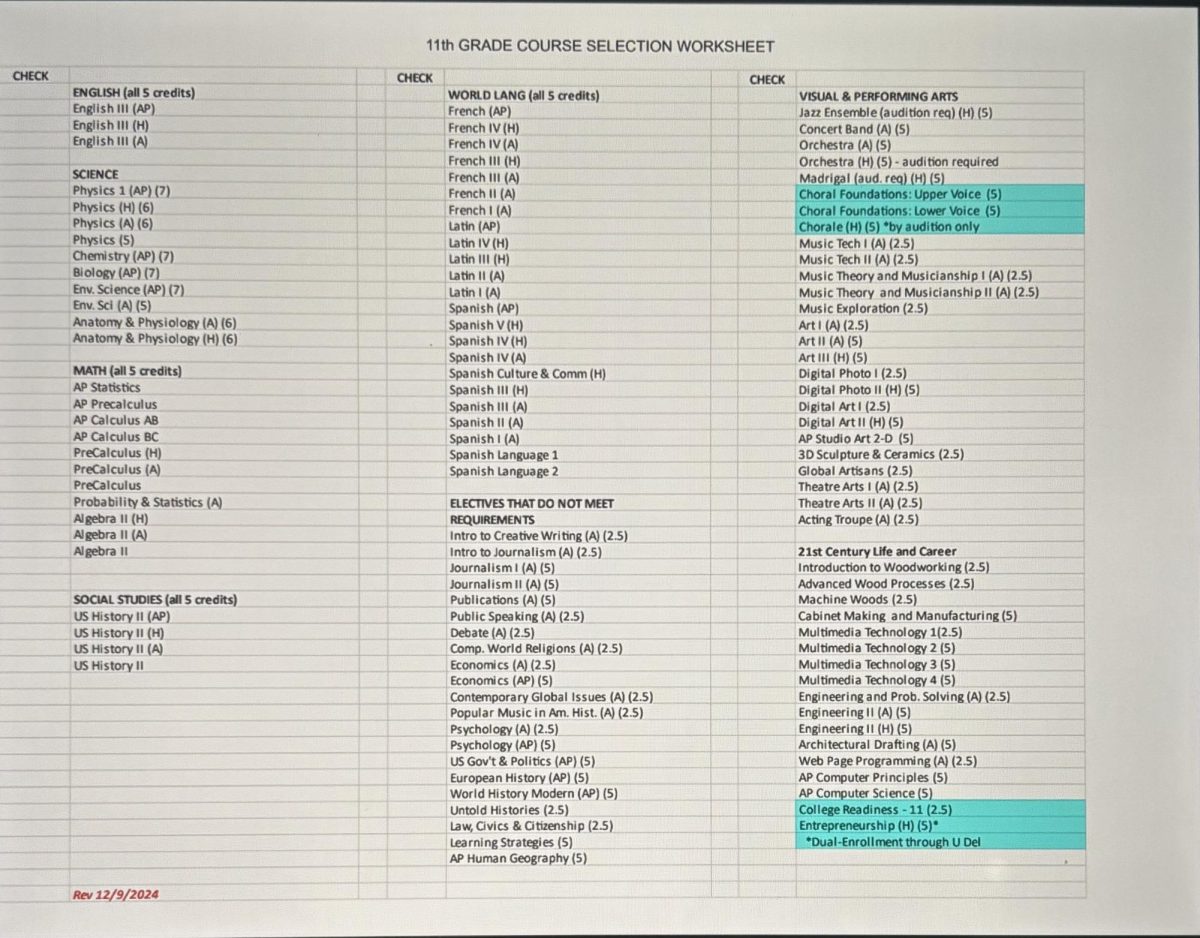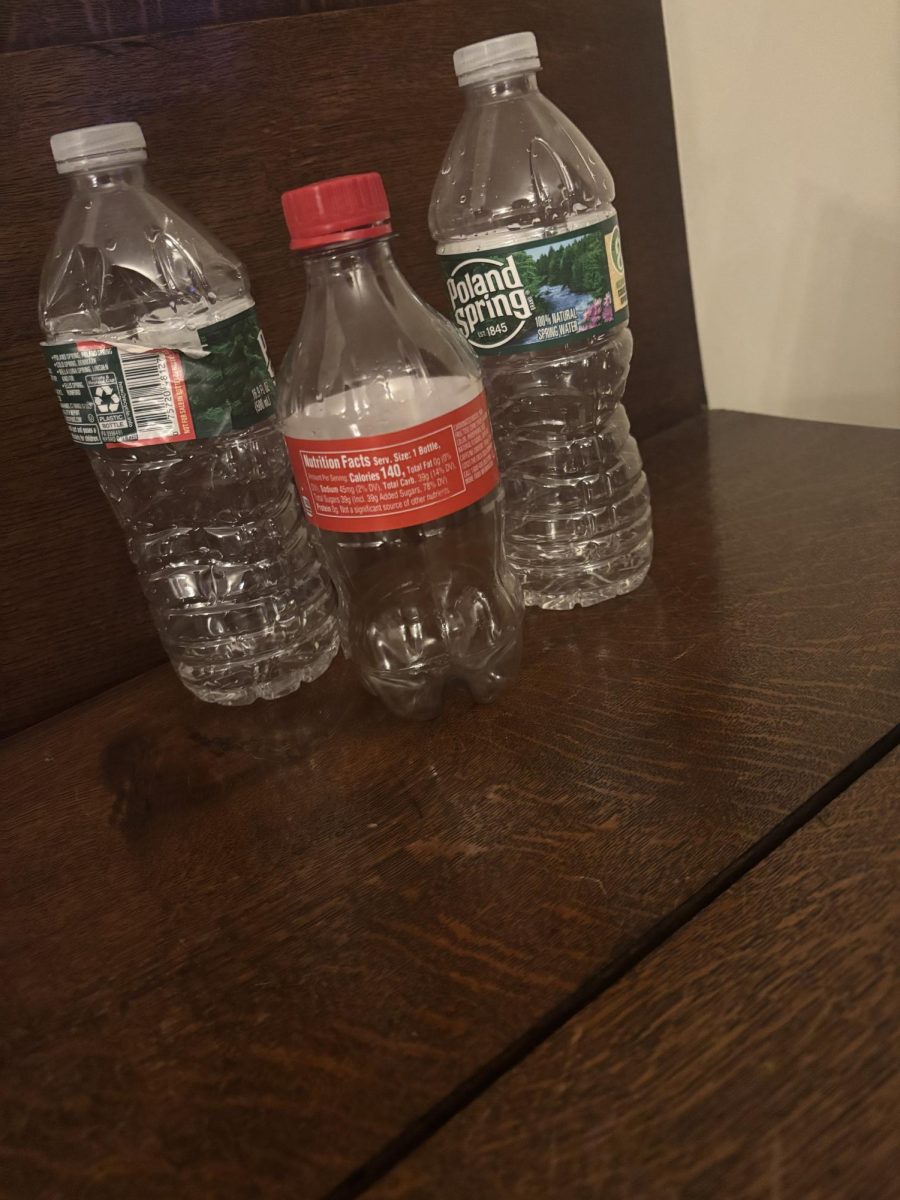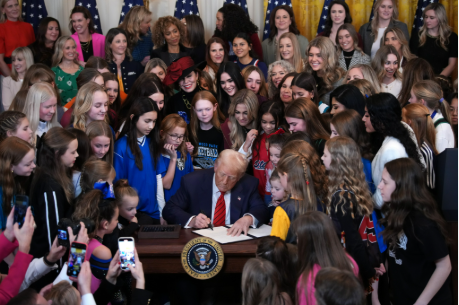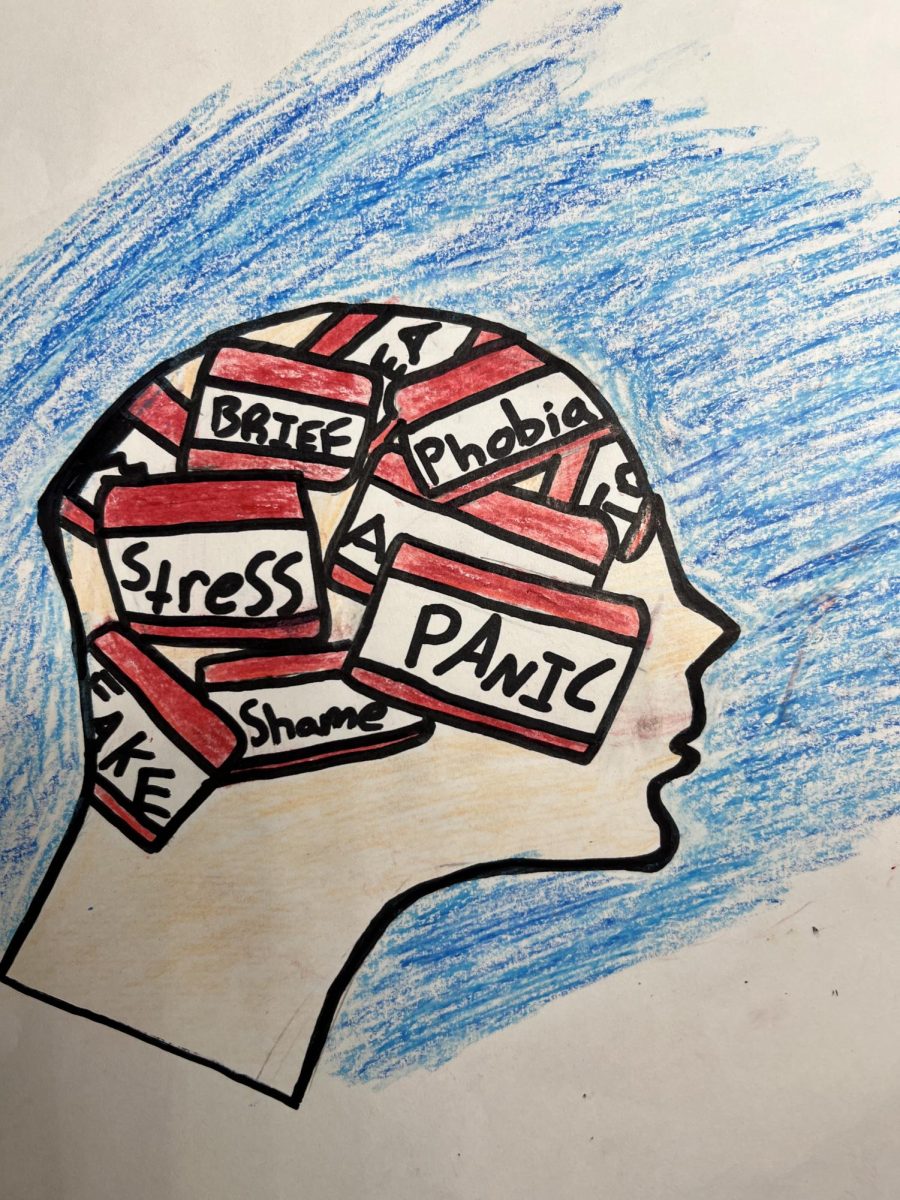Mira received her abortion in South Dakota in 2004; she was accepted into college the day she found out she was pregnant. The closest clinic was 300 miles away and an escort came to her car asking if she wanted to wear a bulletproof vest while entering.
Christie underwent an abortion and decided to abort the baby girl she always wanted when she found out that the fetus would die at birth.
Alex, who was working for the Marine Corps, was twenty-two years old when she got pregnant. She asked professionals whether abortion was covered by her military health insurance; they refused to cover the procedure nor any complications caused by the termination.
These are real accounts of real women. Each of them made their decision because they felt it was best for them. Why should someone be judged for a decision that affects no one but themselves? Thus, this is precisely why abortions should be unrestricted in all states and women should keep their right to dictate what they do with their bodies.
Thanks to the Roe v Wade trial, women have the right to have an abortion. The Supreme Court ruled that abortion is legal and any unnecessary restrictions are illegal. However, states have manipulated this law in their favor, and have placed major limitations on abortion. For example, several states have placed restrictions against the usage of healthcare for abortions, their claim being that terminating a pregnancy should not be considered a health issue. These laws are “targeted regulation of abortion providers” otherwise known as TRAP laws. In Alabama, a law was recently passed banning “all abortion… except in cases of lethal fetal anomaly or to prevent a woman’s death.” Another state utilizing TRAP laws being Texas, who declared any “violation of [their TRAP] law[s to be] considered Class A felonies punishable by a sentence of up to 99 years.”
88.2% of Congress is Christian, and 90% of lawmakers in Congress are men. Abortion is prohibited under any circumstance in Christianity, which means that 88.2% of Congress could use their religious belief to alter the law. Biologically, men cannot experience pregnancy, so why would they make the regulations for abortion? This major skew in equal representation has certainly taken it’s toll, because “states enacted a whopping 424 new abortion restrictions from 2010 to 2018, and an additional 58 new abortion restrictions in the first half of 2019.”
Women who get abortions are real people, with real problems. They are not monsters. Restricting women’s right to an abortion is unconstitutional, immoral, and inhumane, making it the true monstrosity.


